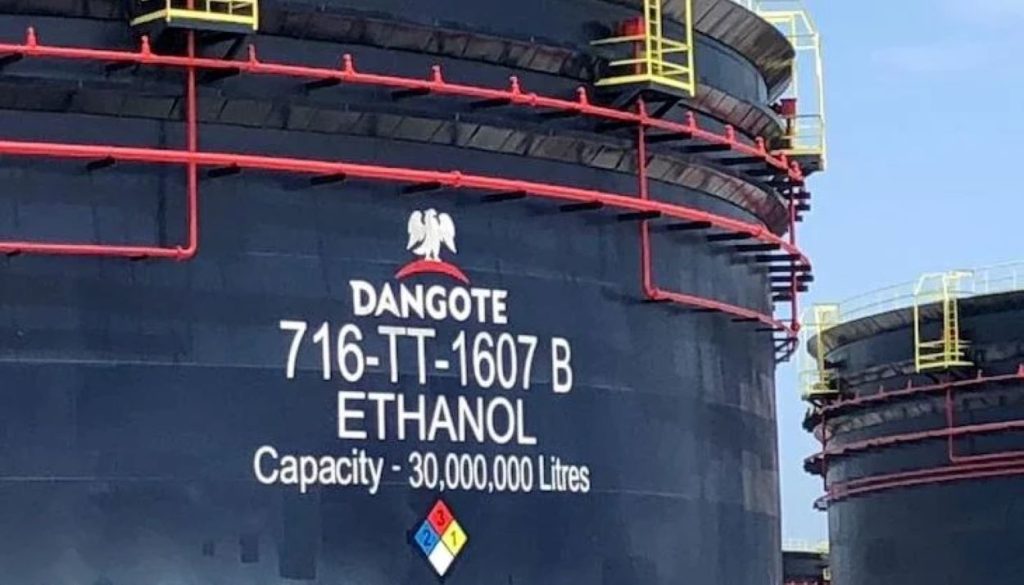The Dangote Refinery is reportedly in talks with eight African countries to secure fuel supply agreements.
According to The Punch, the refinery’s management is in the advanced stages of discussions with South Africa, Angola, Niger Republic, Chad, Burkina Faso, Central African Republic, and Namibia to commence fuel lifting.
Apart from Premium Motor Spirit (PMS), Dangote refinery has begun exporting diesel fuel to some African countries. The exports increased significantly in May, reaching nearly 100,000 barrels per day. Also, there has been an increase in aviation fuel exports from the refinery.
The chairman of the Dangote Group, Aliko Dangote, said at the onset of petrol production in September that the refinery is prepared to supply the local and regional markets with petrol, diesel and other products like polypropylene.
“This Refinery will change Nigeria and Africa’s Oil and Gas Industry dynamics. Meeting the demands of the Sub-Saharan African region. We have good petrol that guarantees the engines of vehicles last longer as the quality matches global standards,” Dangote noted.
Recently, Ghana announced its intention to buy fuel from the Dangote Refinery. Mustapha Abdul-Hamid, chairman of Ghana’s National Petroleum Authority, shared this information at the OTL Africa Downstream Oil Conference in Lagos, stating that the deal could save Ghana approximately $400 million monthly on fuel imports from Europe.
Currently, Dangote Refinery and the Nigerian petroleum marketers are at odds over pricing disputes with the latter accusing the refinery of setting excessively high petrol prices.
Moreover, these marketers have shown a preference for importing petrol rather than sourcing it from Dangote Refinery due to pricing issues.
Nevertheless, as Dangote Refinery hits full production capacity and works on competitive pricing, Nigerian marketers might begin to favour local procurement if the refinery can provide attractive terms, a dependable supply, and effective distribution.

